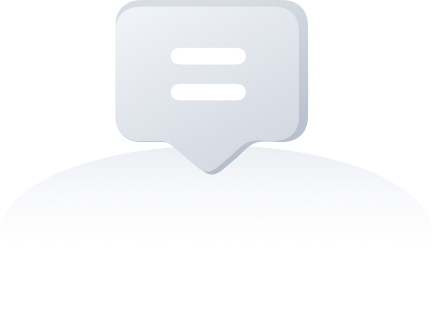Switzerland has expanded export controls on dual-use goods especially those in evolving technologies such as quantum computing, semiconductors, artificial intelligence and additive manufacturing.
Switzerland’s main goal is to find a balance between the need for technological progress and the risks that might come with new technologies. This is why they are expanding their export controls.
This move shows that the country is committed to exporting technology in a responsible way, and it brings Switzerland’s policies in line with international standards.
A government statement said, “This will ensure that Swiss export controls continue to be internationally harmonised, and that new technologies and future technological developments continue to be subject to export controls […] This will also ensure that Swiss industry and research have access to the relevant technologies.”
The government’s statement didn’t go into more detail about the changes that will be made to export rules or how they will be put into place.
Swiss policy prioritizes both security and access
While the AUKUS alliance between Australia, the US, and the U.K. has eased export restrictions among trusted partners to speed up defense-related research and development, Switzerland’s decision takes a more traditional approach. This is by putting alignment, access control, and compliance infrastructure at the top of its list of priorities.
The Swiss government made it clear that its new policy is meant to protect both the ability of Swiss research and industry to access and create important new technologies and to stop people from abusing them. This two-part goal—security and competitiveness—is becoming a core theme in many countries’ plans to regulate quantum and new technologies.
As more countries set up or improve their export controls, a more unified global approach to controlling the flow of innovations with two uses is starting to take shape.
Export controls for quantum technologies are getting more detailed globally
As their strategic importance grows, dual-use goods technologies that can be used in both private and military settings have been looked at more closely over the past year. In quantum computing, these kinds of controls are usually used for quantum processors, control electronics, cryogenic systems, and software or methods that could be used for cryptography.
The new rules are part of a larger trend around the world to tighten oversight on modern technologies. As mentioned in an earlier update from the Bureau of Industry and Security in the U.S. Commerce Department, similar controls were put in place in the U.S. in late 2023 through an interim final rule.
Alan Estevez, Under Secretary for BIS, in a previous statement said, “Aligning our controls on quantum and other advanced technologies makes it significantly more difficult for our adversaries to develop and deploy these technologies in ways that threaten our collective security.” The BIS framework emphasizes international coordination.
That rule put limits on quantum computers, their parts, and development tools that could have military or national security consequences. It also made an exception for countries that put in place similar controls for license holders. This means Switzerland will get benefits for this move.
France also made changes last year, when it put in place a national control list based on EU Regulation 2021/821. Switzerland’s changes are similar. The French system controls systems that have managed, working qubits and other parts that go with them. This is an example of how export controls for quantum technologies are getting more detailed.
Cryptopolitan Academy: Coming Soon - A New Way to Earn Passive Income with DeFi in 2025. Learn More












No comments yet